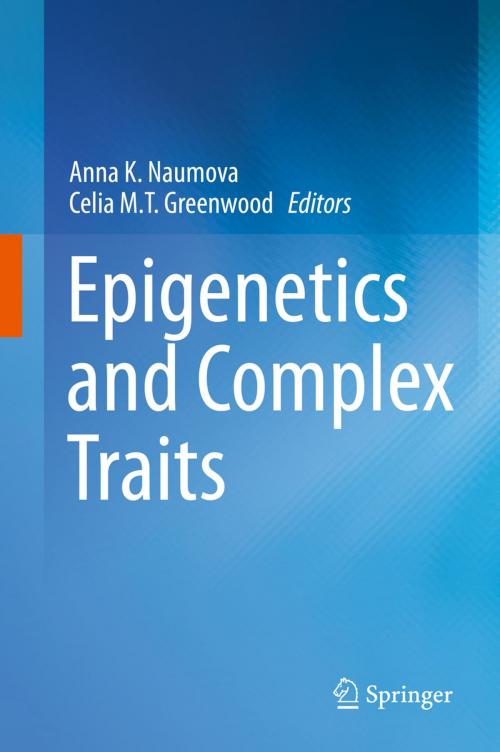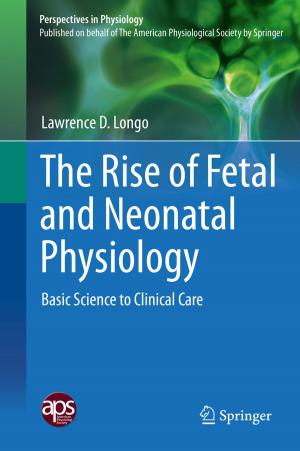Epigenetics and Complex Traits
Nonfiction, Health & Well Being, Medical, Medical Science, Genetics, Science & Nature, Science, Biological Sciences| Author: | ISBN: | 9781461480785 | |
| Publisher: | Springer New York | Publication: | September 17, 2013 |
| Imprint: | Springer | Language: | English |
| Author: | |
| ISBN: | 9781461480785 |
| Publisher: | Springer New York |
| Publication: | September 17, 2013 |
| Imprint: | Springer |
| Language: | English |
This book will provide an overview of basic epigenetic phenomena; interaction between epigenetic and genetic factors; and the influence of epigenetic factors on inheritance. Epigenetic states may contribute to the penetrance of genetic polymorphisms or mutations and thereby modify inheritance patterns. This may result in non‐Mendelian inheritance of genetic traits such as observed in common human disease. The relationship between epigenetics and genetics, however, has not been comprehensively summarized yet. The topic is being more and more appreciated lately due to considerable advances in genomic and epigenomic approaches to study the origins of human disease. The editors will focus not only on describing epigenetic characteristics, mechanisms and results, but also on how considerations of epigenetics can alter interpretation and analysis of risks for complex traits. This book will be a resource for those who have been working in human genetics or analysis of human genetic data and are studying the impact of epigenetics on inheritance. An overview will be given of the impacts of inter‐individual variation in epigenetic states from major changes (errors in genomic imprinting) that cause congenital developmental defects to subtle changes and their impact on complex traits. The editors will discuss the relationship between epigenetic changes and genetic changes in human disease. Several chapters will also focus on statistical analysis of epigenetics effects, either in human disease genetic studies, or in population genetics.
This book will provide an overview of basic epigenetic phenomena; interaction between epigenetic and genetic factors; and the influence of epigenetic factors on inheritance. Epigenetic states may contribute to the penetrance of genetic polymorphisms or mutations and thereby modify inheritance patterns. This may result in non‐Mendelian inheritance of genetic traits such as observed in common human disease. The relationship between epigenetics and genetics, however, has not been comprehensively summarized yet. The topic is being more and more appreciated lately due to considerable advances in genomic and epigenomic approaches to study the origins of human disease. The editors will focus not only on describing epigenetic characteristics, mechanisms and results, but also on how considerations of epigenetics can alter interpretation and analysis of risks for complex traits. This book will be a resource for those who have been working in human genetics or analysis of human genetic data and are studying the impact of epigenetics on inheritance. An overview will be given of the impacts of inter‐individual variation in epigenetic states from major changes (errors in genomic imprinting) that cause congenital developmental defects to subtle changes and their impact on complex traits. The editors will discuss the relationship between epigenetic changes and genetic changes in human disease. Several chapters will also focus on statistical analysis of epigenetics effects, either in human disease genetic studies, or in population genetics.















